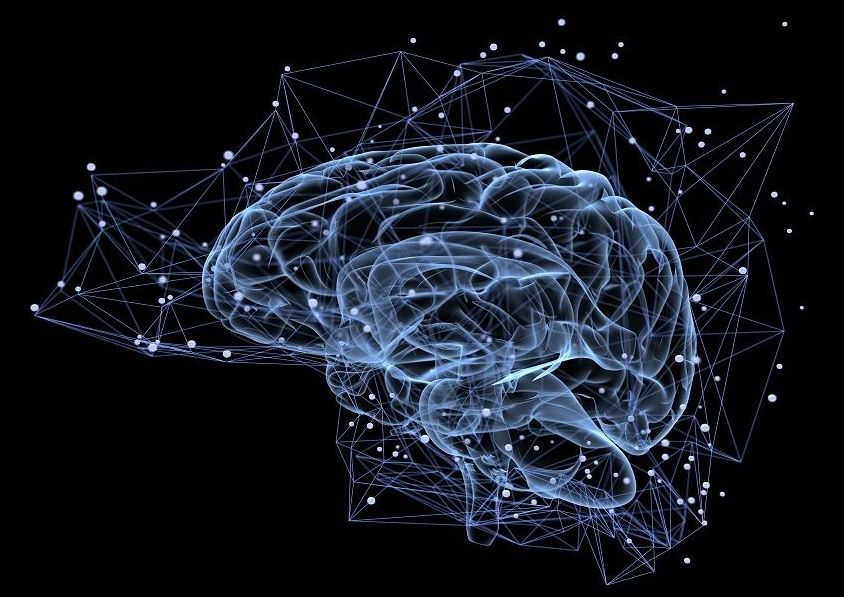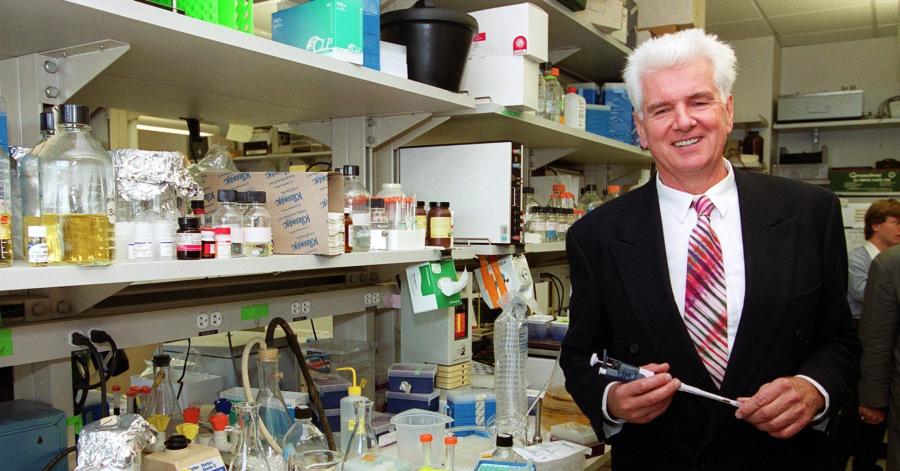Feb 25, 2018
Brain rejuvenating protein found in young blood
Posted by Brady Hartman in categories: biotech/medical, life extension, neuroscience
Summary: UCSF scientists discover a protein in young blood that rejuvenates an aging brain. [This article first appeared on LongevityFacts. Author: Brady Hartman. ]
Scientists have long been searching for the factors in young blood that give it its rejuvenating powers to drug form for widespread public use.
A team of researchers led by Saul Villeda, Ph.D., an assistant professor of anatomy at UC San Francisco discovered a brain-rejuvenating enzyme that improved memory in adult mice when restored to youthful levels. The researchers say the new protein could lead to new therapies for maintaining the healthy brain function of humans.
Continue reading “Brain rejuvenating protein found in young blood” »

















